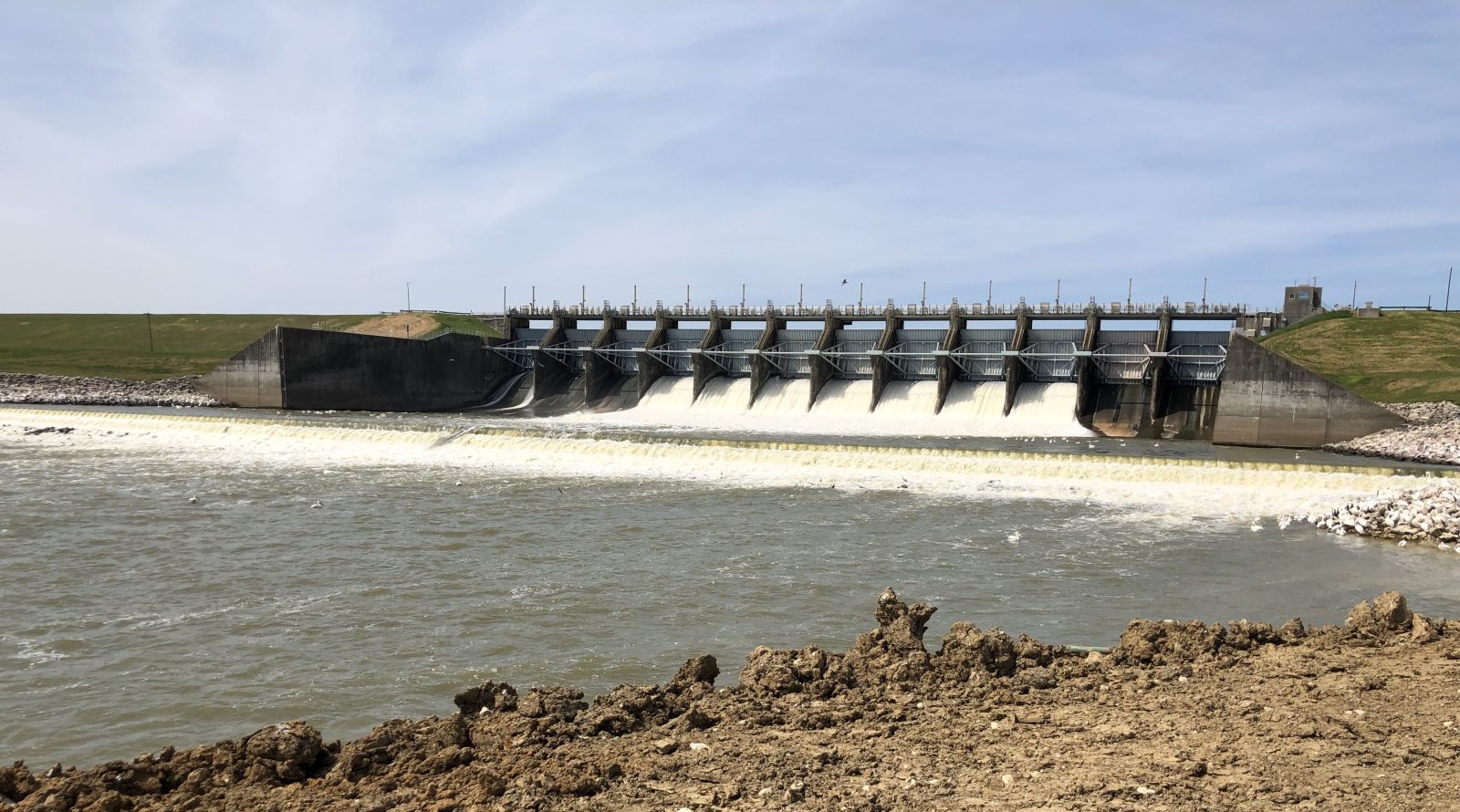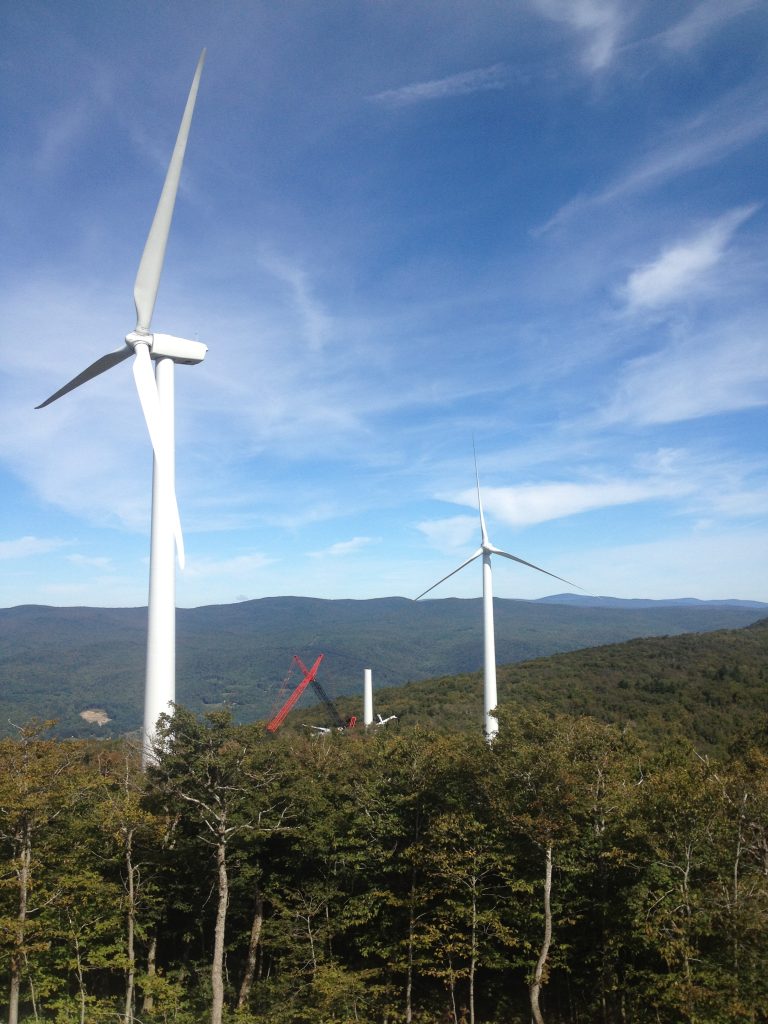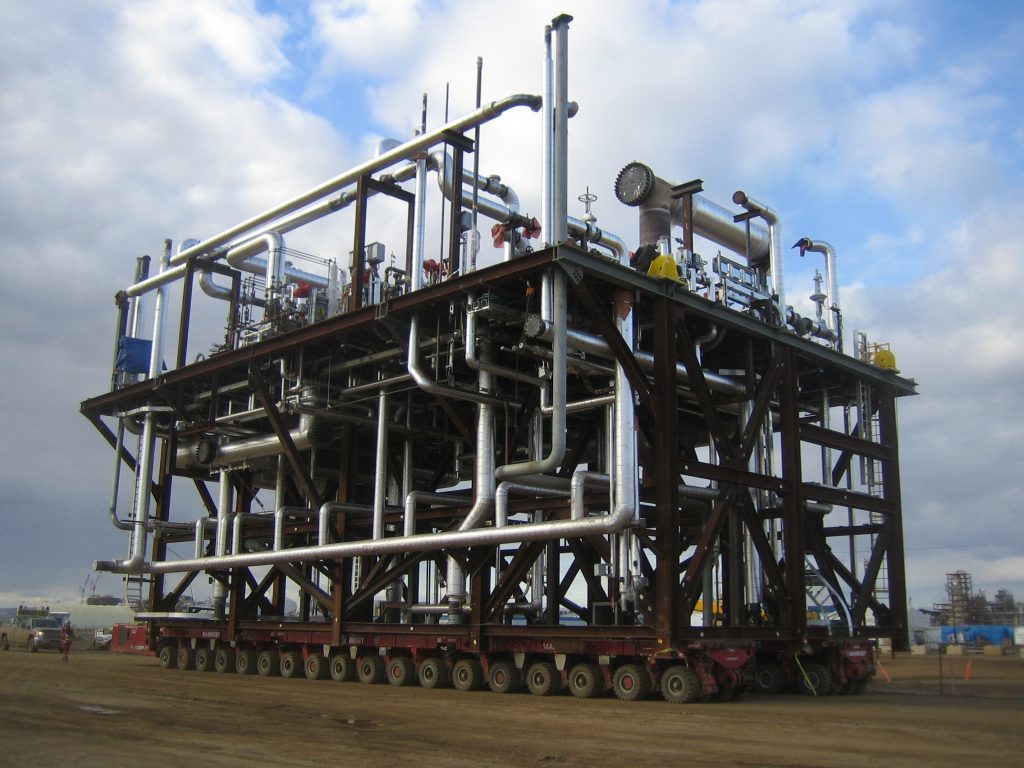Creating solutions that help power our communities.
Infrastructure used to generate and distribute power requires maintenance to ensure ongoing service and new structures, systems, and components to replace expired ones, advance technology, or improve performance. Disrupted or inefficient services can have widespread effects on the communities they power—from inconvenience to business loss and safety concerns. SGH works with owners, operators, overseeing entities, and projects teams to provide engineering consulting services for new construction, evaluation, and rehabilitation projects for:
- Nuclear power plants and research facilities, including building structures and pipelines
- Wind turbines, including the mechanical components and materials and the turbine’s foundations
- Solar array supports, including their frames and connections to buildings or other structures
- Dams used for hydroelectricity
- Infrastructure related to power generation from fossil fuels, such as oil and gas



